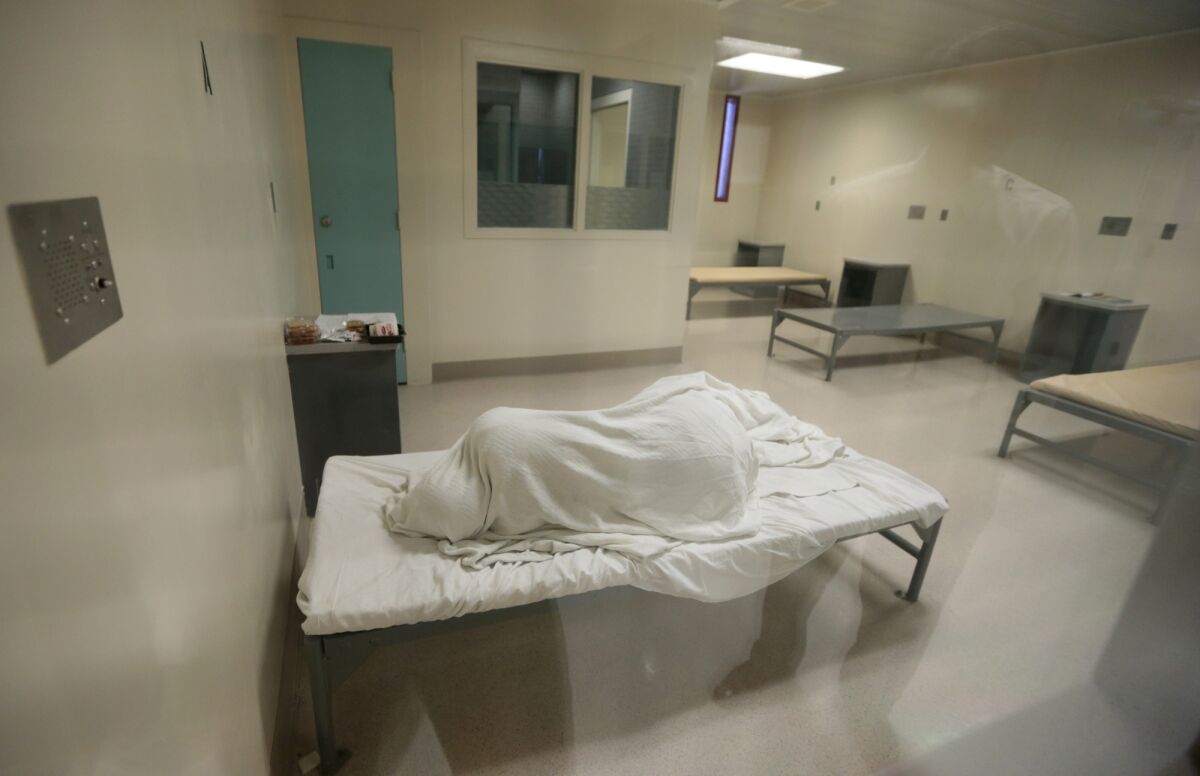Introduction:
Mental health facilities are responsible for providing safe and effective treatment for individuals who are suffering from mental health issues. However, there are times when these facilities fail to meet their responsibilities and cause harm to patients. In such cases, patients or their families may choose to file a lawsuit against the mental health facility. This article will explore the steps involved in suing a mental health facility.
How to Sue a Mental Health Facility
Determine If You Have a Valid Claim
The first step in suing a mental health facility is to determine whether you have a valid claim. You will need to show that the facility acted negligently, breached its duty of care, and caused harm to you or your loved one. Negligence can include a failure to properly diagnose a mental health condition, failure to provide appropriate treatment, and failure to monitor patients.
Hire a Lawyer
Once you have determined that you have a valid claim, you will need to hire a lawyer who specializes in medical malpractice or personal injury. The lawyer will be able to evaluate your case and advise you on the best course of action. They will also handle all the legal aspects of your case, including filing the lawsuit, gathering evidence, and negotiating with the mental health facility’s insurance company.
File a Lawsuit
Your lawyer will file a lawsuit on your behalf, naming the mental health facility as the defendant. The lawsuit will include details of the negligence and the harm caused by the facility. The facility will be given a certain amount of time to respond to the lawsuit.
Discovery
During the discovery process, your lawyer and the defendant’s lawyer will exchange information relevant to the case. This can include medical records, witness statements, and expert testimony.
Negotiate a Settlement
In many cases, mental health facilities will want to settle the case before it goes to trial. Your lawyer will negotiate with the facility’s insurance company to reach a settlement agreement that compensates you for the harm caused.
Go to Trial
If a settlement cannot be reached, your case will go to trial. Your lawyer will present evidence and arguments to the court, and the mental health facility’s lawyers will do the same. The judge or jury will then decide whether the facility is liable for the harm caused and what compensation you are entitled to.
Mental health negligence cases: This refers to cases in which a mental health professional or facility has failed to provide appropriate care or treatment to a patient, resulting in harm or injury to the patient. Negligence can include misdiagnosis, failure to diagnose, improper treatment, and breach of confidentiality.
Mental health negligence lawyers: These are lawyers who specialize in representing clients who have been harmed by mental health professionals or facilities. They can help clients navigate the legal process and seek compensation for damages such as medical bills, lost wages, and pain and suffering.
Clinical negligence examples: This refers to cases in which a healthcare provider or facility has failed to provide appropriate care or treatment to a patient, resulting in harm or injury to the patient. Clinical negligence can include misdiagnosis, failure to diagnose, improper treatment, and breach of confidentiality.
Psychiatric malpractice: This is a type of clinical negligence that specifically refers to cases in which a mental health professional or facility has provided substandard care or treatment to a patient, resulting in harm or injury to the patient.
Sue mental health: This refers to the legal process of filing a lawsuit against a mental health professional or facility for harm or injury caused by negligence, malpractice, or other misconduct.
Clinical negligence lawyer: This is a lawyer who specializes in representing clients who have been harmed by healthcare providers or facilities, including mental health professionals or facilities. They can help clients navigate the legal process and seek compensation for damages.
Hospital negligence UK: This refers to cases in which a hospital or healthcare facility in the UK has provided substandard care or treatment to a patient, resulting in harm or injury to the patient. Hospital negligence can include misdiagnosis, failure to diagnose, improper treatment, and breach of confidentiality.
How to dispute a mental health diagnosis: This refers to the process of challenging or questioning a mental health diagnosis given by a professional. It can involve seeking a second opinion, asking for more information about the diagnosis, or filing a complaint with a licensing or regulatory body.
What is mental malpractice?
Mental malpractice is a term used to describe cases of clinical negligence or malpractice specifically related to mental health care. It can include misdiagnosis, failure to diagnose, improper treatment, or breach of confidentiality.
How do I challenge a mental health diagnosis in the UK?
In the UK, challenging a mental health diagnosis may involve seeking a second opinion from another professional, asking for more information about the diagnosis, or filing a complaint with a regulatory or licensing body. Patients may also wish to seek legal advice if they believe they have been harmed by negligent or improper care.
What does it mean to sue a mental health facility?
Suing a mental health facility means taking legal action against the facility for alleged wrongdoing or negligence that has caused harm to the patient.
What are some reasons for suing a mental health facility?
Some reasons for suing a mental health facility may include:
- Inadequate or negligent care of the patient
- Failure to properly diagnose and treat a mental health condition
- Medication errors or mismanagement
- Physical or emotional abuse of the patient by staff members
- Failure to protect the patient from harm or injury
- Violation of patient rights
How do I know if I have a case against a mental health facility?
To determine if you have a case against a mental health facility, you should consult with an experienced attorney who specializes in medical malpractice or personal injury cases. They can evaluate the circumstances of your situation and advise you on whether or not you have a viable case.
What is the process for suing a mental health facility?
The process for suing a mental health facility may vary depending on the specific circumstances of the case and the laws in your state. Generally, the process may involve:
- Consultation with an attorney who specializes in medical malpractice or personal injury cases
- Filing a complaint with the appropriate court or regulatory agency
- Discovery, where both sides gather evidence and information related to the case
- Mediation or settlement negotiations
- Trial, if the case does not settle or is not dismissed
What kind of damages can I seek if I sue a mental health facility?
If you sue a mental health facility and are successful, you may be able to recover damages for:
- Medical expenses
- Lost wages or income
- Pain and suffering
- Emotional distress
- Punitive damages, if applicable
Is it possible to sue a mental health facility for wrongful death?
Yes, it is possible to sue a mental health facility for wrongful death if you believe the facility’s negligence or wrongdoing resulted in the death of a loved one.
Can I sue a mental health facility for breach of confidentiality?
Yes, you may be able to sue a mental health facility for breach of confidentiality if the facility released your personal information or medical records without your consent.
What should I do if I want to sue a mental health facility?
If you want to sue a mental health facility, you should consult with an attorney who specializes in medical malpractice or personal injury cases as soon as possible. They can advise you on the best course of action and help you navigate the legal process.
Conclusion:
Suing a mental health facility can be a complex and difficult process. However, if you or your loved one has been harmed by the facility’s negligence, it is important to take action. By following the steps outlined in this article, you can increase your chances of getting the compensation you deserve. Remember to hire an experienced lawyer, gather all relevant evidence, and negotiate for a fair settlement. With the right approach, you can hold the mental health facility accountable for its actions and ensure that others do not suffer the same harm in the future.




